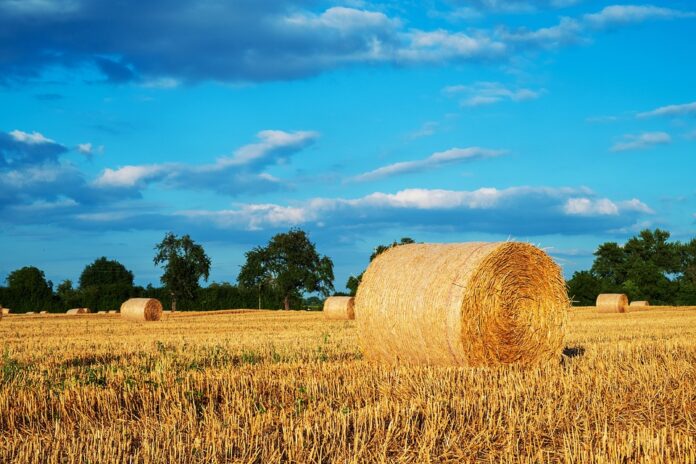The Importance of Precision Feeding Systems in Agriculture
Introduction
Precision feeding systems have revolutionized the way farmers manage their livestock and optimize their operations. These systems utilize technology to accurately measure and deliver feed to animals, ensuring they receive the right amount of nutrients at the right time. This not only improves the health and productivity of the animals but also has significant benefits for the environment and the bottom line of the farm.
Benefits of Precision Feeding Systems
Precision feeding systems offer a range of benefits for farmers, including improved animal health and welfare, increased productivity, and reduced feed costs. By accurately monitoring the nutritional needs of each animal and adjusting feed rations accordingly, farmers can ensure that their livestock are receiving the optimal diet for their growth and development. This leads to healthier animals with better weight gain and milk production, ultimately improving the profitability of the farm.
In addition to the financial benefits, precision feeding systems also have environmental advantages. By reducing feed waste and minimizing excess nutrients in animal waste, these systems help to lower greenhouse gas emissions and improve overall sustainability. This is particularly important in the face of increasing pressure to reduce the environmental impact of agriculture and combat climate change.
Financial Impact of Precision Feeding Systems
The adoption of precision feeding systems can have a significant financial impact on a farm’s bottom line. By optimizing feed rations and reducing waste, farmers can save on feed costs and improve the efficiency of their operations. According to a study conducted by the University of Nebraska-Lincoln, farms that implemented precision feeding systems saw an average increase in profitability of 10-15%.
Furthermore, precision feeding systems can also help farmers to better manage their resources and make more informed decisions about their operations. By collecting data on feed intake, animal behavior, and performance, farmers can identify areas for improvement and implement targeted strategies to increase efficiency and productivity.
Industry Insights
Several companies are leading the way in the development and implementation of precision feeding systems in agriculture. One such company is DeLaval, a global leader in dairy farming solutions. DeLaval offers a range of precision feeding systems that use advanced technology to monitor and control feed intake for dairy cows, helping farmers to optimize milk production and animal health.
Another key player in the industry is Cargill, a multinational corporation that provides food, agriculture, financial, and industrial products and services. Cargill offers precision feeding solutions for a variety of livestock, including poultry, swine, and cattle. These systems use data analytics and automation to deliver customized feed rations based on the specific needs of each animal, maximizing efficiency and productivity.
Conclusion
In conclusion, precision feeding systems are a game-changer for modern agriculture, offering a range of benefits for farmers, animals, and the environment. By utilizing technology to accurately measure and deliver feed, farmers can improve the health and productivity of their livestock while reducing waste and emissions. The financial impact of precision feeding systems is significant, with potential cost savings and increased profitability for farms that adopt these innovative solutions. As the industry continues to evolve, we can expect to see more farms embracing precision feeding systems to optimize their operations and contribute to a more sustainable future for agriculture.

